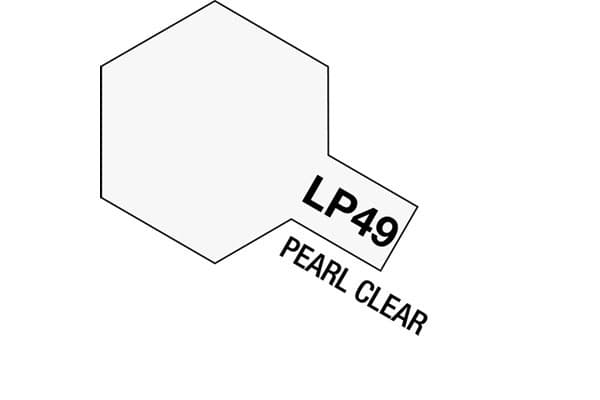Exploring current themes in modern computational and membrane protein biophysics, this book presents a comprehensive account of the fundamental principles underlying different methods and techniques used to describe the intriguing mechanisms by which membrane proteins function. The book discusses the experimental approaches employed to study these proteins, with chapters reviewing recent crucial structural advances that have allowed computational biophysicists to discern how these molecular machines work. The book then explores what computational methods are available to researchers and what these have taught us about three key families of membrane proteins: ion channels, transporters and receptors. The book is ideal for researchers in computational chemistry and computational biophysics.












